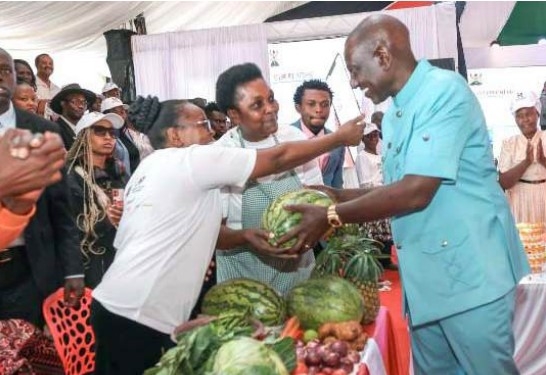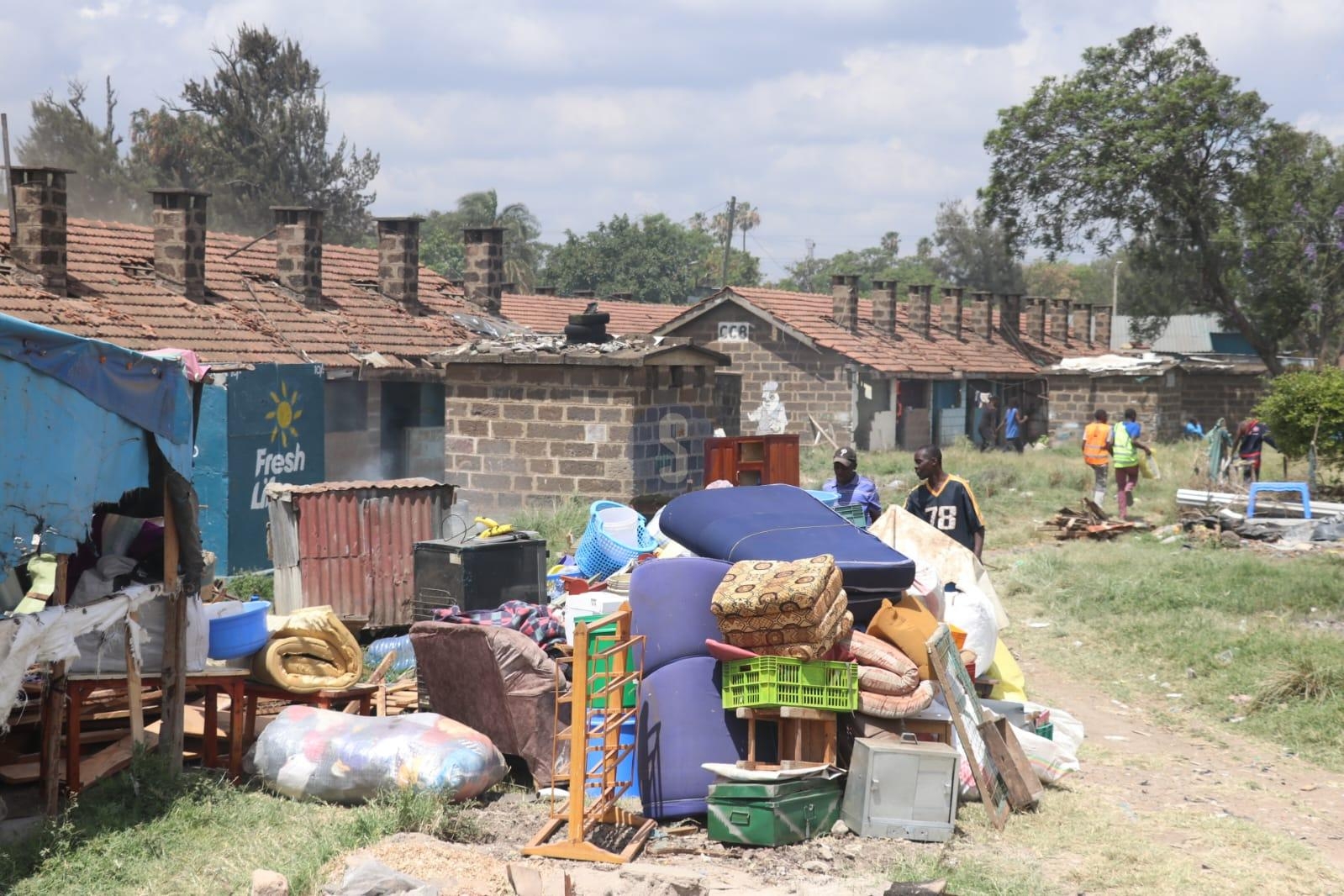In decades past, there was a fairly clear formula available for any Kenyan born into poverty to rise to the middle class. It could actually be summarised in just two words: higher education.
If this poor young man or woman – usually through immense sacrifices by their own parents and with support from extended family and friends – could somehow make it through to graduation day at some local university, there would follow a transformation as fundamental as a repulsive caterpillar metamorphosising into a gorgeous butterfly.
Good jobs were generally available for university graduates; and if everything else failed, you could always work for the government.
Recent years, however, have introduced us all to the category of Kenyan known as the “unemployed graduate”, and there are very few Kenyans who do not know someone or other who falls into this category.
This is not good news. And it is about to get worse.
One of the key effects of the ongoing coronavirus pandemic is that it generally accelerates existing trends.
If you were subject to “pre-existing medical conditions”, this makes you a prime target for the virus and the infection resulting could even kill you.
If you were a poor day labourer, then it is highly likely you will become even poorer.
Likewise, for the unemployed university graduates. Those good jobs that have for some time now been extremely hard to find, will be even harder to find in the months and years ahead. Most employers are currently engaging in drastic cuts to their payroll. They are not looking to take on board new employees.
This poses an existential question, what value we should rationally assign to higher education, given the realities that currently prevail.
Or, to put it differently, one sub-sector long overdue for a major shakeup is that of higher education: The very citadel on which so many dreams of personal advancement have for years been focused.
Not that long ago, in any urban university campus, evening classes were filled to overflowing with students registered for MBAs and other such master’s degrees valued by potential employers. The anecdotal evidence suggests that this bubble has long burst – there has been a great reduction in the demand for such courses.
Universities that had rapidly put up new buildings to accommodate this huge demand for the lucrative, self-sponsored master’s degrees are now groaning beneath the burden of unsustainable debt. While many who had enrolled for these advanced degrees in the initial rush for better academic credentials, are in many cases now doing jobs that do not really require such master’s degrees at all.
The ultimate consequence of all this is that it seems likely the Kenyan middle class is no longer growing but rapidly shrinking. And that it may already have been shrinking before Covid-19 struck, and this pandemic – bringing with it brutal layoffs; savage pay cuts; redundancies and retrenchments, etc – only served to greatly accelerate this trend of ever greater competition for fewer and fewer jobs.
Add to this the inevitable collapse of the many SMEs established by entrepreneurial middle-class Kenyans, who are steadily being driven into destitution, and what you have is a coronavirus-driven decimation of the Kenyan middle class.
Those among us who had come to believe that by virtue of their education, the “middle-class” tag was a permanent feature of their identity are now finding out that being “middle-class” can be a very fragile status indeed.
I am reminded of an article I once read in an American newsmagazine, many years ago, which was on a university professor who had lost his job due to a serious economic downturn. This man had taken to driving a taxi in order to make ends meet.
I therefore wonder: If the days when I often found myself at JKIA, having just come back from some foreign destination, should ever return (very unlikely, but I live in hope) might I not one day find myself disembarking from the Uber taxi that brought me back home; handing over my fare plus a generous tip to the driver; and saying to him, “Thank you for that remarkably interesting conversation professor. Goodnight, and drive safe.”
















